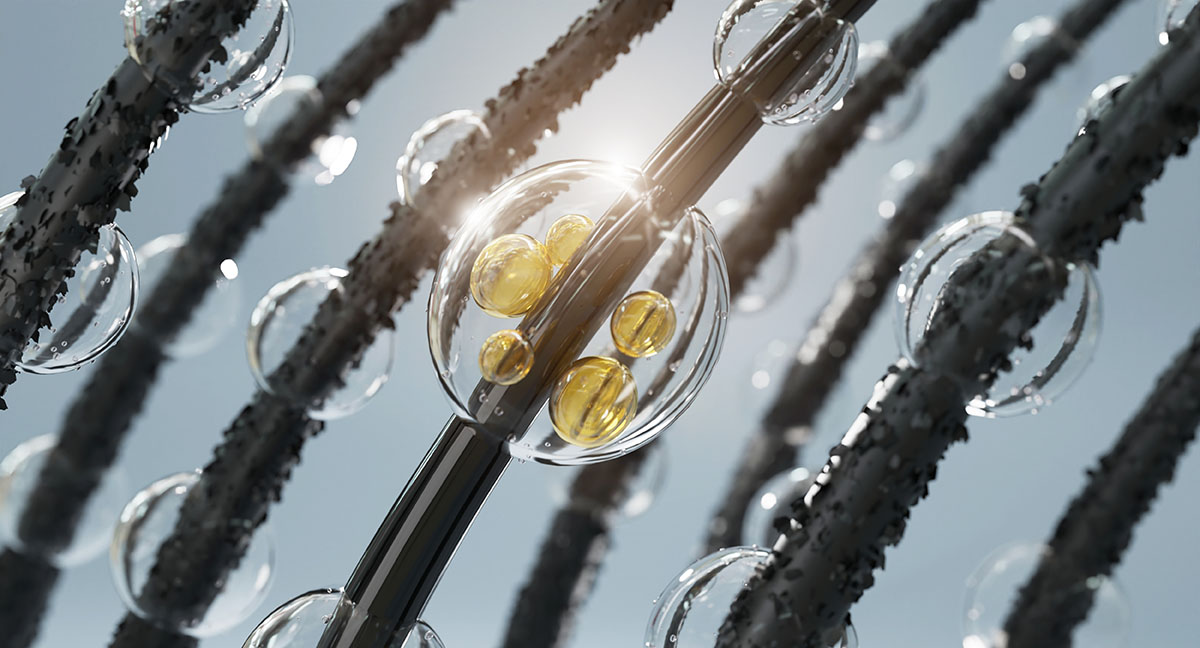
< Back
keratin
Definition
Keratin is a fibrous protein that makes up the outer layer of your skin, hair, and nails. It is made up of long chains of amino acids that are connected together by peptide bonds. The amino acids in keratin are arranged in a way that makes the protein very strong and resistant to wear and tear. This is why your hair can be styled without breaking, and why your skin can withstand the elements.
Keratin is also a very important protein for wound healing. When you get a cut, your body produces keratin to help repair the damaged skin. Keratin also helps to protect your body from bacteria and other harmful organisms.
There are many different types of keratin. The type of keratin in your hair is different from the type of keratin in your skin, and the type of keratin in your nails is different from both of those. This is why your hair, skin, and nails have different properties.
Keratin is a very important protein for your body. It helps to protect you from the outside world, and it helps your body to heal.
How can the word be used?
The nails on my fingers are made of keratin.

Different forms of the word
Noun: Keratin is a fibrous protein that is the main component of hair, nails, skin, and other structures in the body.
Adjective: Keratinised tissues are those that have been hardened by keratin. The outer layer of skin is keratinised, as are hair and nails.
Verb: To keratinise is to harden a tissue by depositing keratin in it. The skin keratinises when it is exposed to the sun or wind.
Etymology
The word "keratin" comes from the Greek word "κέρας" (kéras), which means "horn". Keratin is named for its horn-like texture.
Question
What is keratin?
AQA Science Exam Question and Answer
Question:
Explain the significance of keratin in biology and its role in the structure and function of various biological tissues. Provide examples of where keratin is found and its importance in protecting and supporting organisms.
Answer:
Keratin is a vital protein that holds great significance in biology due to its crucial role in forming the structure of various biological tissues. It is commonly found in the epidermis, hair, nails, feathers, and scales of organisms, and it contributes to their protective and supportive functions.
In the skin, keratin provides strength and resilience, forming a barrier that shields underlying tissues from environmental factors such as pathogens, UV radiation, and physical trauma. This protein is particularly abundant in the outermost layer of the skin, known as the stratum corneum, which acts as a barrier against water loss and pathogens.
Hair and nails also owe their strength and durability to keratin. Hair is composed of tightly packed keratin filaments that form a protective covering for the scalp. Similarly, nails consist of multiple layers of keratinised cells that shield the sensitive fingertips.
Keratin's presence in feathers and scales offers structural integrity, aiding in flight, insulation, and protection against predators. The protein's various forms and adaptations demonstrate its versatility in different organisms.
Overall, keratin's significance lies in its essential role in creating tough and protective structures in a wide range of organisms. Its presence in various biological tissues contributes to their functions, including support, insulation, and defence, highlighting the intricate ways in which biology adapts to diverse environments and needs.